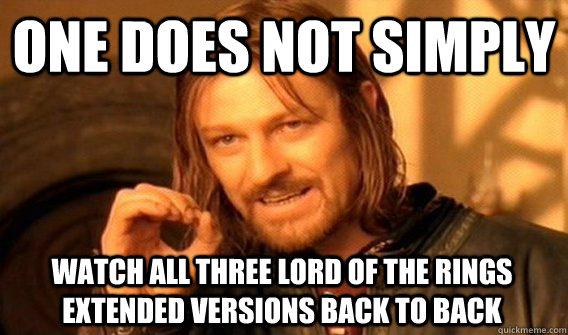In "The Practice of Everyday Life," Michael de Certeau explains how theories or popular culture can apply to everyday life. He doesn't want to talk about the subject. He wants to make it possible for people to talk about this subject. He continues by explaining that previously we considered the individual, but we should really analyze groups based on social interactions, not how an individual sits within a group. He acknowledges that this could further emphasize the majority and take away from the minority, but comes up with solutions to this. One aspect of his discussion focuses on the consumption of goods. Certeau explains that we shouldn't only consider the producers intention but how a product is used. This led me to consider this in relation to literature.
After analyzing several novels, a reader may wonder how much of the symbolism exists purposefully on the author's part and how much of it has slipped into a book. Considering Certeau, it is reasonable to suggest that an author can write and present an idea as they wish, but the reader then gains control of its interpretation. I wondered about the insertion of symbolism for a long while. Fortunately, I had the pleasant experience of meeting with an author over the summer and got to ask this very question. He explained the some symbolism is certainly on purpose, but that he has also unknowingly added ideas into his novels.
More than just the interpretation of books, I think Certeau is suggesting that we cannot always know how products will be consumed or what the response to them will be. That is where the interesting study lies. Rather than focusing on the producer, we should consider what the consumer does with the product.
After analyzing several novels, a reader may wonder how much of the symbolism exists purposefully on the author's part and how much of it has slipped into a book. Considering Certeau, it is reasonable to suggest that an author can write and present an idea as they wish, but the reader then gains control of its interpretation. I wondered about the insertion of symbolism for a long while. Fortunately, I had the pleasant experience of meeting with an author over the summer and got to ask this very question. He explained the some symbolism is certainly on purpose, but that he has also unknowingly added ideas into his novels.
More than just the interpretation of books, I think Certeau is suggesting that we cannot always know how products will be consumed or what the response to them will be. That is where the interesting study lies. Rather than focusing on the producer, we should consider what the consumer does with the product.








